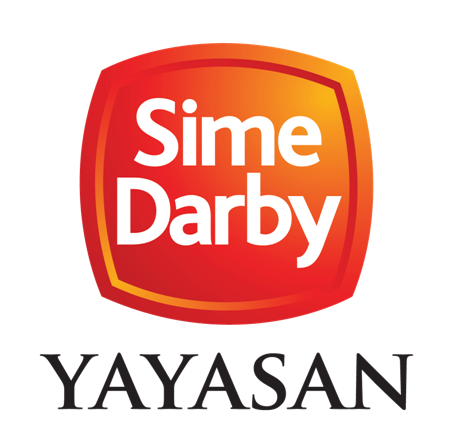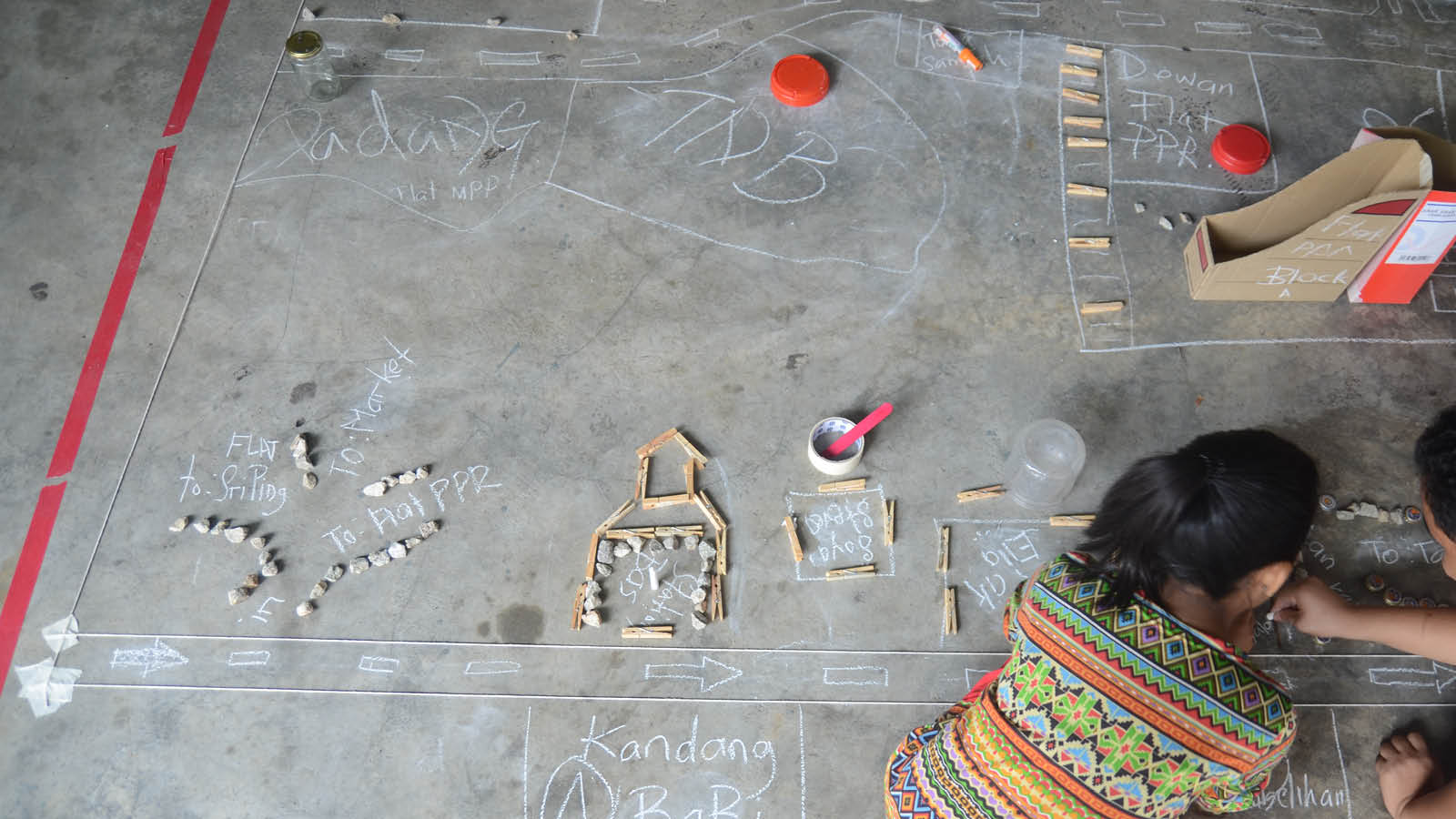CBL Resources — Use the templates to design your own project
Guide to Planning a Community-based Learning (CBL) Project
Checklist — Before Planning a Community-based Learning (CBL) Project
Project Resources — Download worksheets and lesson plans from the featured projects
Multicultural Legacies of Early Settlements
Treasures of Tumeric
General Resources — Explore more about innovative teaching and learning approaches

A Malaysian Teachers’ Guide to Global Citizenship Education
A guidebook developed with and for Malaysian teachers, to enable meaningful understanding and practice of Global Citizenship Education suited to local contexts. Available in English and Bahasa Melayu.

A Teacher’s Guidebook: Bridging Global Citizenship and World Heritage
A teachers’ guidebook based on local World Heritage in Malaysia that can be utilised in Education for International Understanding (EIU) and Global Citizenship Education (GCED) lessons.

An Introduction to Place-based (Community-based) Learning Approach
A video lecture by Dr. Molly Lee on Place-based (Community-based) Learning as an approach to Global Citizenship Education.

Arts Education Archive Malaysia
Host of articles about arts education programs and projects conducted outside of formal education by specific individuals and organisations in Malaysia.

Edutopia
A free source of information, inspiration, and practical strategies for learning and teaching in preK-12 education.

GCED Online Campus
An e-learning platform on Global Citizenship Education by UNESCO APCEIU.

GCED Pedagogy: Community-based Learning
A video lecture by Janet Pillai, founder of Arts-ED.

Learning with intangible heritage for a sustainable future: Guidelines for educators in the Asia-Pacific region
Guidelines that provide a variety of simple creative tools and techniques for teachers and educators to enable the understanding, and teaching of intangible cultural heritage in schools.


Shared Histories of Southeast Asia
UNESCO’s repository of materials and self-paced study platform that explores the history of Southeast Asia.

Teacher’s Guide for Incorporating Traditional Children’s Games in the Classroom
A game-based curriculum that spells out how games can benefit the teaching of concepts and skills relevant to each subject area. Teachers may incorporate its ideas into formal classroom teaching or use it in co-curricular activities.

